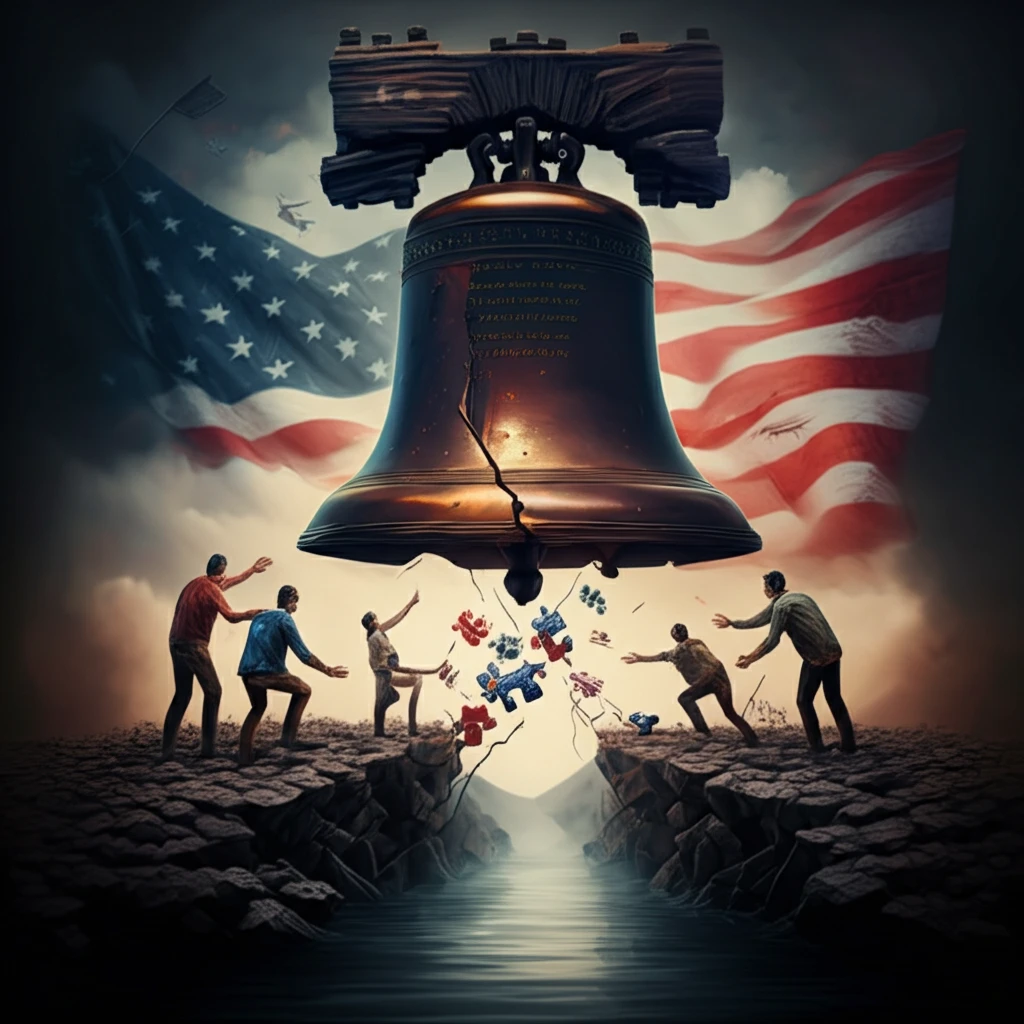
Divided We Stand: Unpacking Patriotism, Populism, and the Future of American Unity
"Can a fractured nation rediscover common ground? Examining the forces that pull us apart and the paths toward a more unified future."
The landscape of American patriotism has transformed dramatically since the events of September 11, 2001. What once appeared to be a unifying force has become a battleground of ideologies, fueled by political polarization, economic anxieties, and cultural clashes. Understanding these shifts is crucial to navigating the complex challenges facing the nation today.
In the wake of 9/11, the administration of President George W. Bush significantly shaped the narrative of patriotism, calling for unity while simultaneously launching military interventions abroad. This era witnessed a surge in flag-waving displays and unquestioning support for authority, yet it also sparked dissent and anti-war movements, revealing deep divisions within American society.
Today, America grapples with increasingly divergent forms of patriotism, often intertwined with populism and reactionary politics. This article examines the historical roots of these divisions, explores the key players and ideologies driving them, and considers potential pathways toward a more unified and inclusive national identity.
The Patriotism of American Exceptionalism and its Discontents

One dominant narrative of American patriotism centers on the concept of "American exceptionalism," the belief that the United States holds a unique and divinely ordained place in the world. This view often emphasizes a covenant with God, a commitment to Christian values, and a sense of global responsibility to spread democracy and freedom.
- Economic inequality and the decline of the middle class
- Cultural anxieties and the fear of losing traditional values
- The rise of social media and echo chambers that reinforce existing beliefs
- A decline in trust in government and institutions
Finding Common Ground: A Path Forward
Despite the deep divisions that plague American society, there is still hope for a more unified future. By acknowledging the legitimate grievances of all Americans, promoting civil dialogue and understanding, and working towards a more just and equitable society, it is possible to bridge the divides that threaten to tear the nation apart. The path forward requires a renewed commitment to the values of inclusivity, tolerance, and mutual respect, ensuring that all Americans feel a sense of belonging and shared purpose.
